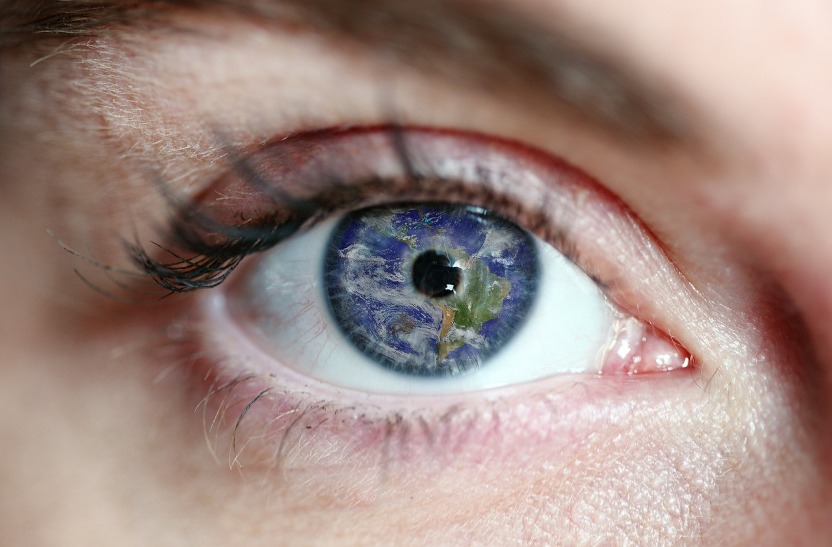Diagnosis and Treatment of Macular Degeneration
Macular degeneration is a form of vision problem that develops over time and can result in vision loss, particularly in the center of the field of vision. This is responsible for a significant proportion of vision loss in individuals aged over 50 years.
In aging populations in developed countries like the U.S., the prevalence of this vision problem is expected to rise substantially over the next couple of years. Early detection or diagnosis of symptoms is crucial to help manage the condition, as eye doctors can apply special medications and treatment approaches to this vision problem. Click here to find an eye doctor near you for routine eye check-up or a comprehensive eye exam.
The macula is located in the center of the retina, which sits at the back of the eye. The light-sensitive retina is responsible for processing visual images. The central vision is handled by the macula, which typically deteriorates as the eye ages and an individual becomes unable to process detail.
The gradual loss of central vision means that you may be unable to see characters, letters, phrases or objects properly and this might affect your reading, driving and other routine tasks. While this can result in legal blindness, it often does not cause total blindness.
Diagnosis of Macular Degeneration
This condition is often painless and symptoms develop slowly over time. This is why a comprehensive eye exam every few years is often recommended to help detect the condition at its earliest stage.
An ophthalmologist or optometrist often performs a series of tests in the diagnosis of macular degeneration. These tests include the examination of the retina using eye drops to help dilate the eye. Optometrists may also use optical coherence tomography, a rather non-invasive imaging test that utilizes light to generate high-quality images of the layers of the retina. Other methods used in diagnosis include fluorescein angiogram and Amsler grid.
Treatment of Macular Degeneration
While there is currently no known treatment for macular degeneration, low-vision rehabilitation can be used to help both dry and wet macular degeneration patients to adapt to their changing vision.
Wet macular degeneration can be treated using a wide range of approaches, which all aim to stabilize and maintain a person’s existing vision for the longest time possible. Anti-VEGF drugs are used to reduce abnormal blood vessels in the back of the eye, particularly in the retina. These drugs work by slowing the leaking from blood vessels.
Photodynamic therapy (through Verteporfin and laser treatment) is also used to seal any leaky blood vessels without damaging other related parts of the eye. Other treatment options include laser photocoagulation to concentrate high-energy laser light beams onto the retina to seal any leaky blood vessels and various drugs that include Aflibercept, Bevacizumab and Ranibizumab.
Macular degeneration is caused by eye diseases that can cause gradual vision loss. Optometrists may use eye drops to examine the retina, but they can also employ a range of methods to perform diagnosis and recommend a range of the most appropriate treatment options even if the condition cannot be cured.
